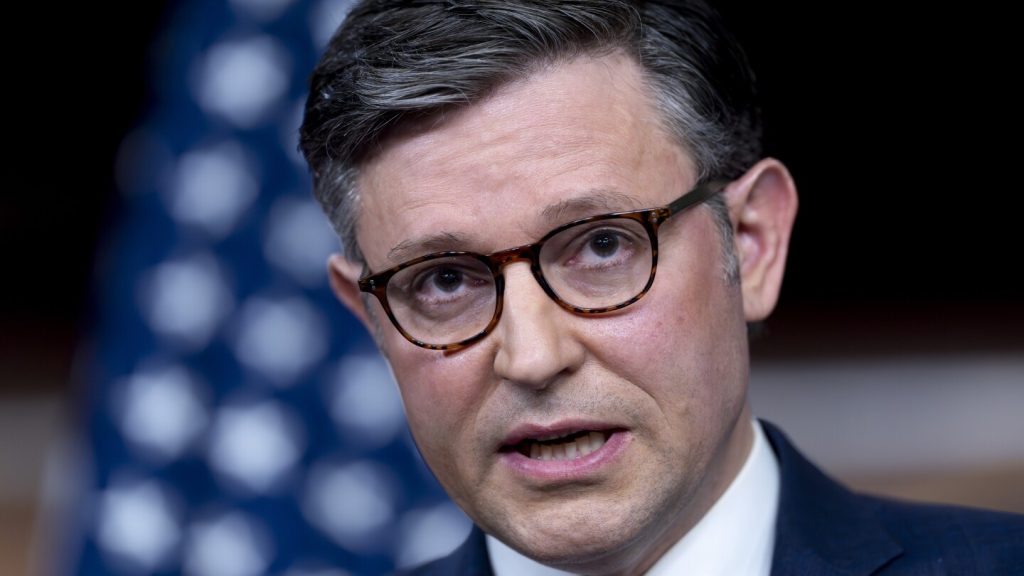Despite bipartisan support and a clear need for action, the proposal to establish a debt commission to address the federal government’s $34.6 trillion debt appears to be dead due to opposition from both the right and the left. Lawmakers in both parties are hesitant to consider the unpopular tradeoffs that would be necessary to tackle the growing debt, especially in an election year. Opposition to the commission stems from fears of cuts to Social Security benefits from Democrats and left-leaning groups, as well as concerns about potential tax increases from Republicans and right-leaning organizations.
The debt commission legislation would create a 16-member panel to recommend steps to balance the federal budget and improve the long-term fiscal health of programs like Medicare and Social Security. The commission would consist of 12 members from Congress, evenly divided by party, and four outside experts without voting power. Despite the urgent need for action, lawmakers seem reluctant to address the fiscal realities facing the nation, particularly the growing costs of Social Security and Medicare, as well as interest payments on the national debt.
Previous fiscal commissions have made recommendations for deficit reduction through a combination of tax increases and spending cuts, but these proposals have struggled to gain traction in Congress. Supporters of the new debt commission bill argue that it is modeled after successful efforts to consolidate the nation’s military bases, but skepticism from Democratic lawmakers and the White House remains. Opposition from powerful interest groups like the AFL-CIO and AARP, as well as Republican-aligned organizations like Americans for Tax Reform and the Club for Growth, has further dampened prospects for moving the bill forward.
The focus on spending reductions over tax increases has become a sticking point in the debate over the debt commission, with Republicans like Grover Norquist rejecting any mechanism that allows for tax increases. Democrats like Rep. Lloyd Doggett emphasize the need for additional revenue alongside spending cuts to address the nation’s fiscal challenges. Despite the challenges facing the bill, supporters remain optimistic about its chances of passage in Congress, with Rep. Scott Peters noting the progress made in getting the bill through a House committee. Supporters plan to continue pushing for the commission’s approval by the end of the current Congress, potentially attaching it to legislation in a lame-duck session after the election and before the new Congress is sworn into office.


